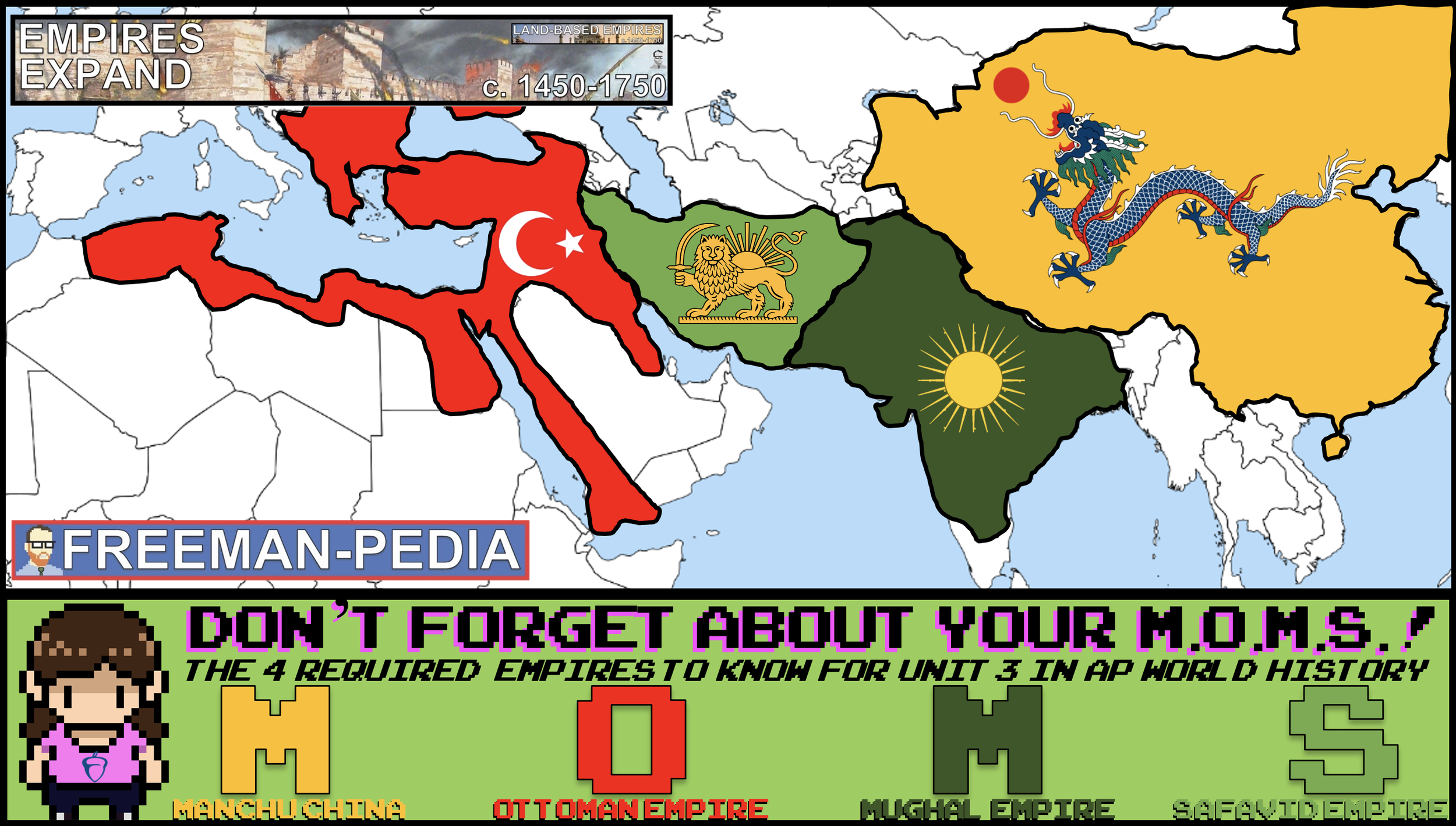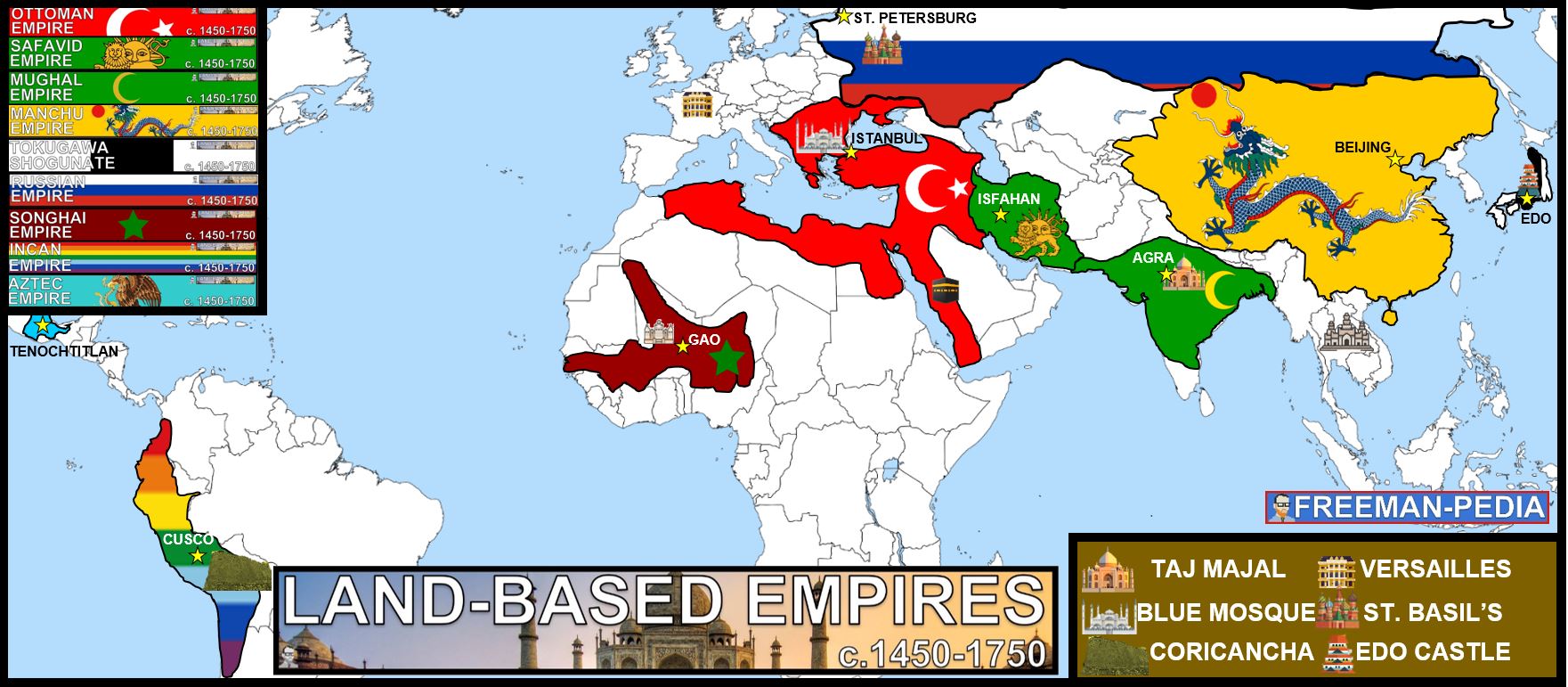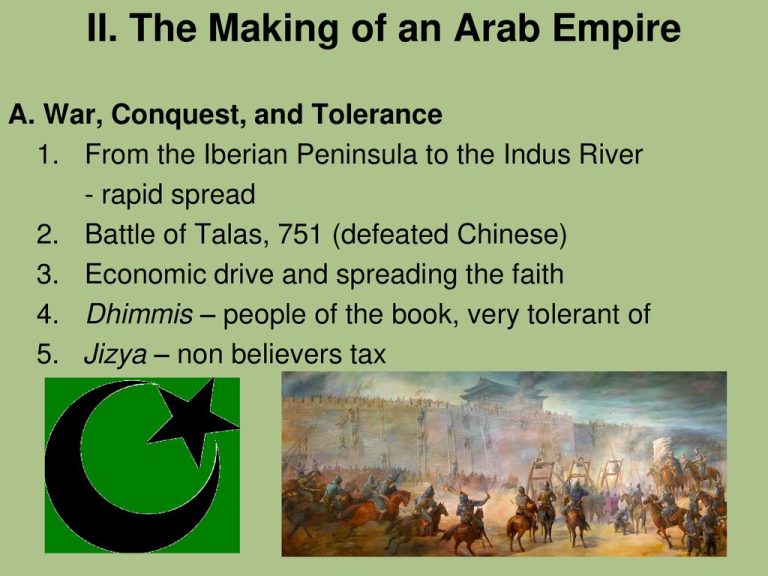What Is An Empire Ap World History
An empire is a type of political structure that is large, powerful, and centralized. In the context of world history, an empire typically refers to a state that is composed of multiple nations or peoples, often with a government that is ruled by an emperor or other powerful figure. Throughout history, empires have been one of the predominant forms of political organization, especially in the early modern period when many of the world’s great powers were empires. In the context of AP World History, empires are studied to understand the various ways in which people interacted and interacted with different cultures over time, as well as the political and economic forces that drove their rise and fall.
Definition of an Empire
An empire is an expansive and powerful political unit, typically spanning multiple nations or peoples, that is ruled by one supreme ruler or government. Empires come in all shapes and sizes and have a rich history that dates back to the first civilizations. In Ap World History, the term “empire” is defined as a “large political unit in which a single ruler or government exercises power over many different peoples, territories, or states.” This definition includes the various forms of empire that have been around since the beginning of civilization, including the Roman, Persian, Ottoman, and British empires.
Empires are typically characterized by their large population, centralized government, and a strong economic base. Empires also tend to have strong military forces to protect their borders, as well as a complex bureaucracy and social hierarchy. In addition, empires usually have a defined set of laws and regulations that are enforced throughout their territories.
Empires have had a major impact on world history, and their influence can still be seen today. From the Roman Empire to the British Empire, empires have spread their influence far and wide, and have left a lasting impact on the world. By understanding the history and importance of empires in Ap World History, students can gain a better understanding of the cultures, politics, and economics of the world today.
Examples of Empires in World History
Empires have been an integral part of world history since ancient times. Throughout the centuries, many different empires have risen and fallen, leaving a lasting impact on the world. An empire is defined as a large state or group of states that is under the control of a single government. Empires can be formed through military conquest, colonization, or economic and political domination.
Though empires have existed since ancient times, some of the most notable examples occurred during the classical period, such as the Roman Empire in Europe and the Persian Empire in Southwest Asia. During the Middle Ages, the Mongol Empire stretched from China to Eastern Europe and the Ottoman Empire spanned from North Africa to the Middle East. Later, during the Age of Exploration, the Spanish and Portuguese Empires found much success in colonizing the Americas.
In the modern era, the British Empire was one of the largest, spanning numerous continents and countries. The Soviet Union was also a powerful empire, dominating Eastern Europe and parts of Central Asia. In the 21st century, the United States is arguably the most powerful empire, with its economic, political, and military influence spread across the globe.
Empires have played an important role in world history, and their legacy can still be seen today. Empires have spread religions, languages, and cultures, and have also brought destruction and oppression to many people. Although empires may come and go, their impact on world history will never be forgotten.
The Role of Empires in World History
Empires have played an important role in world history, shaping societies, economies, and cultures across the globe. An empire is an extensive group of states or nations under a single ruling authority or government, such as the Roman Empire or the Mongol Empire. Empires have existed since ancient times, and have been both a source of stability and disruption. While empires have been seen as a source of great power and wealth, they can also lead to cultural disruption and the displacement of people and resources.
In world history, empires have been a major force in shaping the societies in which we live today. Empires have often sought to expand their territories, leading to resistance from other nations and peoples. Empires have also spread their cultural influences, often through colonization and enslavement of conquered peoples. The effects of empire still linger in today’s world, with the legacy of colonialism and imperialism still seen in the form of wealth disparities and conflicts across the globe.
The study of empires and their influence on the world is an important part of world history, and provides a context for understanding current global issues. The analysis of empires can provide insight into how power and wealth are distributed throughout the world, and how different nations and cultures interact with each other. Additionally, the study of empires can shed light on the long-term effects of colonialism and imperialism, and how these forces have shaped the world in which we live today.

Empire Building Strategies
An empire is a political construct in which a state, or a group of states, rules over many other states or regions. Empires are characterized by a combination of political, economic, and military power and can be found in many different forms throughout history. Empires have been used by various cultures and civilizations to expand their reach, increase their political influence, and gain access to resources and labor. Empires have been and continue to be an important part of world history.
When it comes to empire building, there are a variety of strategies that have been employed over time. In ancient times, the most successful empires were often those with the most effective military strategies. This included the use of tactical warfare, alliances, and the use of technological advances to gain the upper hand in battle. More modern empires such as the British Empire utilized colonialism and economics to gain power and influence.
In the modern era, there are still many examples of empires and imperial powers around the world. The United States is the most influential imperial power in the world today, and its military and economic strength have been used to establish its influence in many different regions of the world. Other empires, such as China, have also used their economic power to gain influence in different parts of the world.
Empire building is an ongoing process and requires thoughtful strategies and tactics to be successful. Empires must be prepared to take risks, adapt to changes in the geopolitical landscape, and make strategic investments in order to remain powerful and influential. By understanding the strategies used by past and present empires, we can gain a better understanding of the complexities of empire building and how to successfully navigate the political and economic realities of the modern world.
Impact of Empires on Globalization
Empires have had a long and far-reaching impact on the history of the world. Empires have been responsible for many of the cultural, economic, and military advances that have shaped our world today. Empires are complex, powerful, and often highly influential entities that have left their mark on the world. In terms of world history, empires have been instrumental in shaping the course of global history, particularly through the globalization of cultures, beliefs, and goods.
The expansion of empires has played an important role in the globalization process. From the Roman Empire to the British Empire, these large and powerful entities have had a profound impact on other societies and cultures throughout the world. Empire-building has been a major force in driving the process of globalization, as empires have spread their culture and values to other parts of the world.
In addition to the cultural aspects of globalization, empires have also been instrumental in the economic and military aspects of globalization. Empires have shaped global trade routes, allowing goods and services to be exchanged across vast distances. Empires have also used their military power to conquer lands, expand their territories, and gain access to resources.
Empires have had a lasting impact on the world and have been a major force in shaping the course of world history. Empires have been responsible for the globalization of cultures, beliefs, and goods, as well as the development of global trade routes and military power. Understanding the history of empires is essential to understanding the history of the world.
Conclusion
Empires have been a major part of world history since the beginning of civilization. Empires have shaped the way nations interact with each other, as well as the way people think about themselves within a country or region. An empire is an extensive group of states or territories under a single supreme authority, usually a monarch or an oligarchy. Empires have been seen in different parts of the world and at various times throughout history. While the specifics of each empire have been unique, they all have one thing in common – the power to influence the people and the regions they control. Empires are an important part of world history, as they have helped shape the political and cultural makeup of the world. Thus, an understanding of what an empire is and its importance in world history is an essential part of any comprehensive history course.
FAQs About the What Is An Empire Ap World History
1. What is meant by ‘Empire’ in the context of AP World History?
An empire is a large political entity that is composed of various states, nations, or territories that are under the political control of a single monarch or government.
2. What type of empires are studied in AP World History?
The AP World History course surveys the various types of empires that have existed throughout world history, from the Ancient Near East to the modern world. These include the empires of the ancient Greeks, the Roman Empire, the Islamic Caliphates, the Mongol Empire, the Spanish Empire, and the British Empire, among others.
3. How do empires influence world history?
Empires have had a profound influence on world history, as their expansion and development shaped the history of regions, nations, and civilizations. Empires have also played a significant role in the spread of cultures, religions, and languages. Additionally, they have been instrumental in the development of trade networks, technological innovations, and political systems, as well as in the formation of colonial and imperial powers.
Conclusion
In conclusion, an empire in AP World History is a large political unit that is made up of multiple ethnic groups and territories. Empires often develop when one group is able to conquer and dominate other groups, leading to political and economic control. Empires have been a major force in shaping world history, with their powers and influence spreading across the globe. Empires have also been a source of conflict and have been the cause of many wars. The rise and fall of empires has had a major impact on the development of world history.



